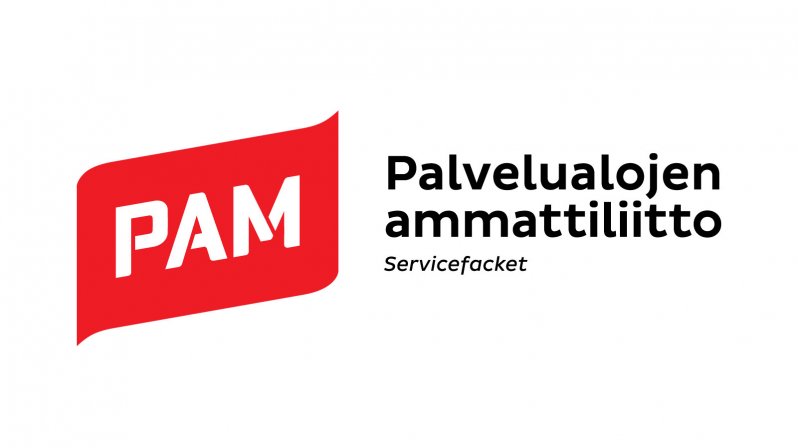A collective bargaining solution was reached for the tourism, restaurant and leisure industry in an exceptional situation
The Executive Committee of the Service Union United PAM unanimously approved the collective agreements for employees and supervisors within tourism, restaurant and leisure services. According to PAM President Annika Rönni-Sällinen, this is a solution made in a particularly difficult situation.
The parties to the collective agreement, the Service Union United PAM, and the employers' representative, the Finnish Hospitality Association MaRa, negotiated the working conditions of employees and supervisors in the sector under exceptional circumstances. The new collective agreement is valid from 1.10.2020 to 31.3.2022.
The agreement stipulates the timing of the wage revisions, but due to the uncertain future prospects of the industry, wage negotiations will be held separately in January and September 2021. If no agreement is reached in the negotiations, the collective agreement will expire.
“The tightened restrictive measures imposed by the Finnish government to curb the pandemic inevitably affected the content of the collective bargaining settlement. Now the future of the entire industry is at stake. PAM carries its’ responsibility and wants employees to continue working in the industry also in the future. Despite the difficult starting points and not yet knowing the level of wage increases, the collective bargaining solution reached was acceptable”, says PAM President Rönni-Sällinen.
Key improvements in the collective agreement include changes in employee coping and well-being. The daily rest period between shifts will be extended by one hour and the number of consecutive night shifts will be limited to five.
"I am pleased that the new collective agreement takes into account employees' coping better and we got a working time shortened by increasing the amount of annual leave. Exceptional working hours, long shifts and an irregular work rhythm impair people’s well-being. Therefore, investing in a sufficient amount of rest between shifts and preventing night-time inconveniences are important reforms for us”, says Rönni-Sällinen and continues
“It’s also good that we were able to get improvements in the agreements concerning shop stewards and occupational safety and health representatives. The position of shop stewards in supervisory positions is also improving. Strengthening the operating conditions of shop stewards promotes dialogue and co-operation on both sides”, says Rönni-Sällinen.
Rönni-Sällinen finds it unfortunate that the probationary period had to be extended from four months to the six months allowed by law. She also admits that building the agreement was not easy, but the solutions were made in good cooperation with the employers’ federation.
“The development of working conditions could be done despite the effects of the corona virus. We have not thrown in the towel yet, instead we believe in a brighter future”, says Rönni-Sällinen.



